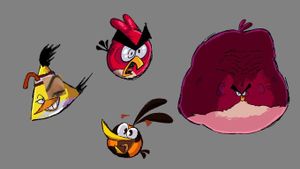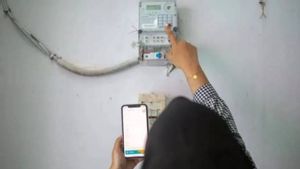JAKARTA - US chip company, Nvidia, on Monday, October 30 published new research regarding the use of chatbots that can produce human-like responses in the semiconductor design process.
Modern chips are circuits made up of tens of billions of transistors, and finding a way to assemble them on a single piece of silicon is one of the tech industry's toughest tasks, taking thousands of engineers up to two years to complete.
Nvidia chips are among the most complex in the industry and have become the powerhouse for technologies like ChatGPT.
On Monday, Nvidia presented research in which they took what they call a large language model, the technology behind chatbots, and enhanced it with 30 years of data from their archives on designing chips. One of the first applications is using company history in answering questions.
"It turns out that many of our senior designers spend quite a lot of time answering questions from junior designers," said Nvidia's chief scientist, Bill Dally, quoted by VOI from Reuters. "So the protocol is for junior designers to ask the chatbot. This can save senior designers a huge amount of time."
A key finding in the research is that relatively simple chatbots can be more accurate than sophisticated chatbots by specifically adding a lot of specific data from a company's experience, which Nvidia says can help control system costs.
VOIR éGALEMENT:
Another feature the company demonstrated was the use of artificial intelligence to generate code. Dally said that much of the engineers' time is devoted to finding parts of the chip that don't work and using testing tools to find out why.
To perform such tests, artificial intelligence systems can quickly write pieces of code called scripts that operate the tool.
"Our goal here is not to automate processes or replace people, but to take the people we have and give them superpowers to make them more productive," Dally said.
The English, Chinese, Japanese, Arabic, and French versions are automatically generated by the AI. So there may still be inaccuracies in translating, please always see Indonesian as our main language. (system supported by DigitalSiber.id)













